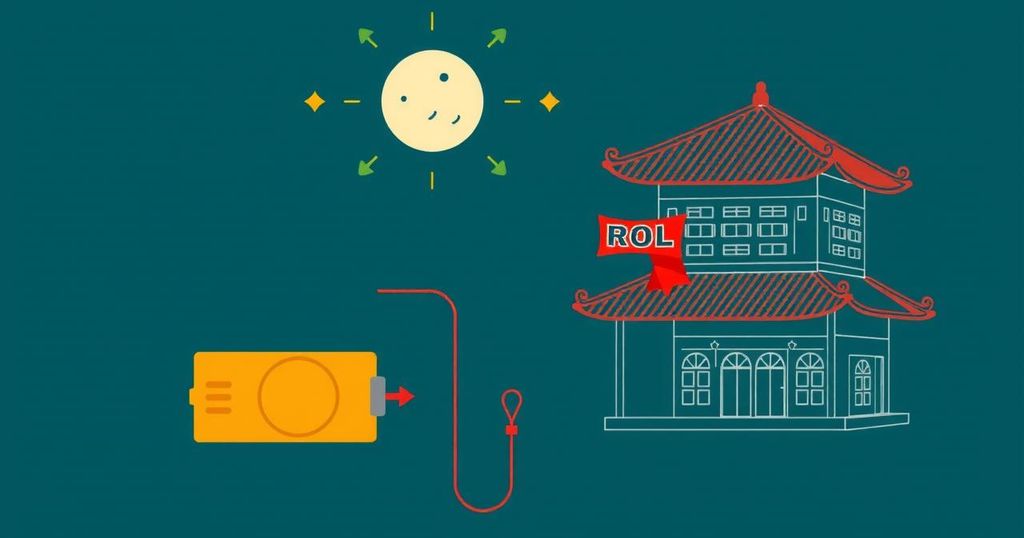Treasury Secretary Janet L. Yellen criticized China’s opaque lending practices while urging global financial institutions and creditors to speed up debt relief for low- and middle-income countries. Her statements come before the I.M.F. and World Bank’s annual meetings, addressing the challenges these nations face due to high debt levels and the impacts of inflation and conflict on their economies.
In a recent interview, Treasury Secretary Janet L. Yellen criticized China’s “opaque” lending practices and urged global financial institutions, as well as bilateral creditors, to expedite debt relief efforts for low- and middle-income nations. Her remarks precede the upcoming annual meetings of the International Monetary Fund (I.M.F.) and the World Bank, where key global economic decision-makers are convening in Washington during a critical juncture for the international economy. Although inflation rates have receded, ongoing conflicts in the Middle East pose a potential disruption to energy markets, and higher interest rates have created challenges for poorer nations grappling with increasing debt levels. Yellen articulated that the substantial debt burdens hindering these countries significantly interfere with their ability to invest in vital areas such as sustainable development, pandemic preparedness, and climate change initiatives. Moreover, the I.M.F. and the World Bank have faced criticism for their slow responses in aiding struggling economies and for demanding rigorous economic reforms, including substantial spending cuts, which have led to social unrest and public resistance. In her upcoming address, Secretary Yellen is expected to acknowledge positive developments at institutions like the I.M.F. and the World Bank, particularly regarding enhancing lending capacities and expediting project approvals under the Biden administration’s leadership. However, she will also emphasize that the global debt crisis remains a pressing issue, with the United States advocating for a more comprehensive international debt relief initiative that encompasses support for nations facing imminent loan defaults.
The discussion on China’s lending practices and international debt relief is rooted in the broader context of global economic stability, especially as it relates to developing nations. High levels of debt in low- and middle-income countries have increasingly threatened their growth and ability to invest in essential services. China’s approach to lending, often called opaque due to its lack of transparency, has resulted in significant debt accumulation for many nations. Concurrently, multilateral institutions like the I.M.F. and World Bank have been scrutinized for their methodologies and delays in providing assistance, leading to calls for reform and a more effective response to the pressing needs of affected countries. This backdrop sets the stage for Ms. Yellen’s commentary on the need for a united approach to debt relief on an international scale, especially amid rising global challenges.
In conclusion, Secretary Janet L. Yellen’s remarks illuminate the urgent need for reform in global lending practices, particularly in relation to China, and advocate for swift action from international financial institutions to alleviate the debt burdens faced by low- and middle-income countries. Her acknowledgment of the systemic challenges these nations encounter highlights the necessity for a collective international response to support sustainable development and economic stability.
Original Source: www.nytimes.com






